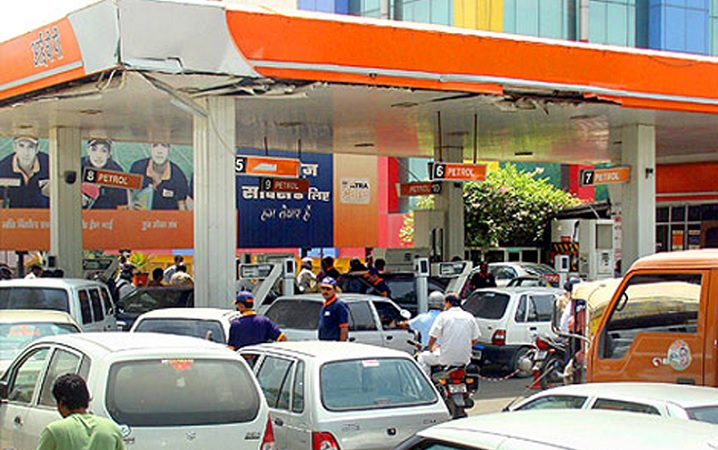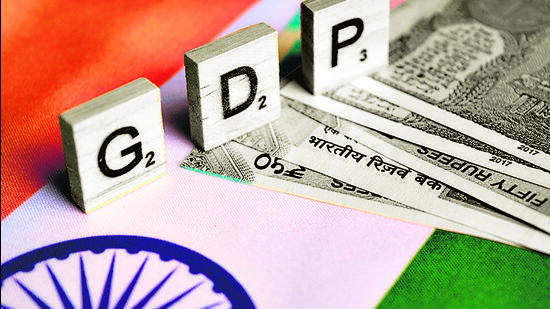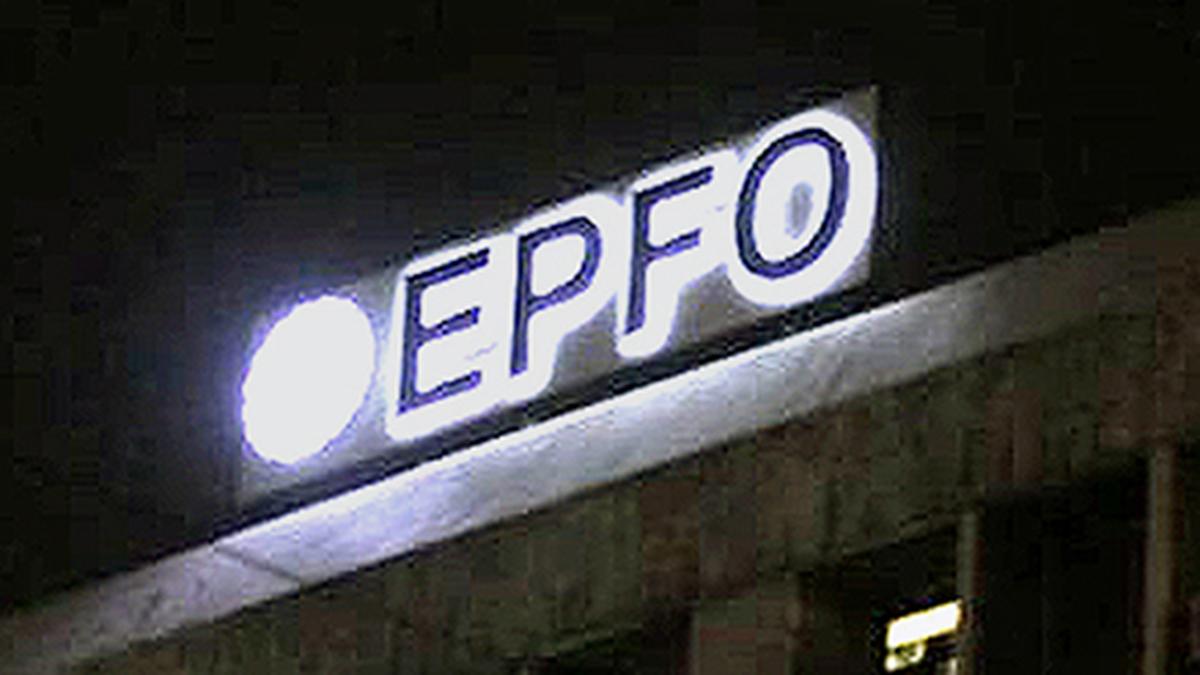Hyundai unveils Inster EV for global market
Fri 28 Jun 2024, 10:29:03
Pune: Hyundai, the South Korean auto giant, on Thursday unveiled its all-new entry-level electric model, the Inster EV SUV.
The new Hyundai Inster EV is based on the Casper SUV, and once launched, it will be the brand's smallest and most affordable electric vehicle offered globally.
“With its expanded dimensions, Inster EV is positioned squarely between traditional A-segment sub-compact city cars and larger B-segment compact models,” the company said in a statement.
Although the company did not say when it will come to India, auto experts said when launched in the fiercely competitive Indian market it will rival Citroen eC3 and Tata Punch EV. At present Hyundai is focusing on introducing the Creta EV which will be its first mass-market EV for in the country. The Hyundai Inster with its 3.8-meter length, a versatile cabin, funky looks, a decent feature list and tech makes it an attractive car for the growing Indian car market.
The Inster EV gets circular LED DRLS surrounding the headlamp cluster and pixel-themed turn
signals positioned higher up in a black bar spanning the width of the car. The front also houses the AAS sensors, charging port and the cameras between the headlamp units. The side is characterised by the chunky wheel arches housing up to 17-inch alloys. The EV also gets pillar-mounted rear door handles and functional roof rails.
signals positioned higher up in a black bar spanning the width of the car. The front also houses the AAS sensors, charging port and the cameras between the headlamp units. The side is characterised by the chunky wheel arches housing up to 17-inch alloys. The EV also gets pillar-mounted rear door handles and functional roof rails.
Inside, the Inster EV features dual 10.25-inch screens - one being the digital instrument cluster and the other the touchscreen infotainment. Other features include auto climate control, a multi-function steering wheel, ventilated seats, 360-degree camera, wireless charging and the full ADAS suite. The Hyundai Inster EV comes in two battery pack options: 42 kWh and 49 kWh. Both battery packs are paired with a single electric motor producing 95 BHP / 147 Nm and 113 BHP / 147 Nm, respectively. Hyundai claims a maximum range of 355 km on a single charge for the Inster EV. Also, the entry-level EV is said to be capable of fast charging using a 120 kW DC charger, allowing for 10-80 per cent charge in 30 minutes.
No Comments For This Post, Be first to write a Comment.
Most viewed from Business
AIMIM News
Delhi Assembly polls: Owaisi leads Padyatra in Okhla
Feb 01, 2025
We reject this Waqf Amendment Bill: Asaduddin Owaisi
Jan 30, 2025
Latest Urdu News
Most Viewed
May 26, 2020
Which team will win the ICC Men's Champions Trophy 2025 held in Pakistan/Dubai?
Latest Videos View All
Like Us
Home
About Us
Advertise With Us
All Polls
Epaper Archives
Privacy Policy
Contact Us
Download Etemaad App
© 2025 Etemaad Daily News, All Rights Reserved.






























